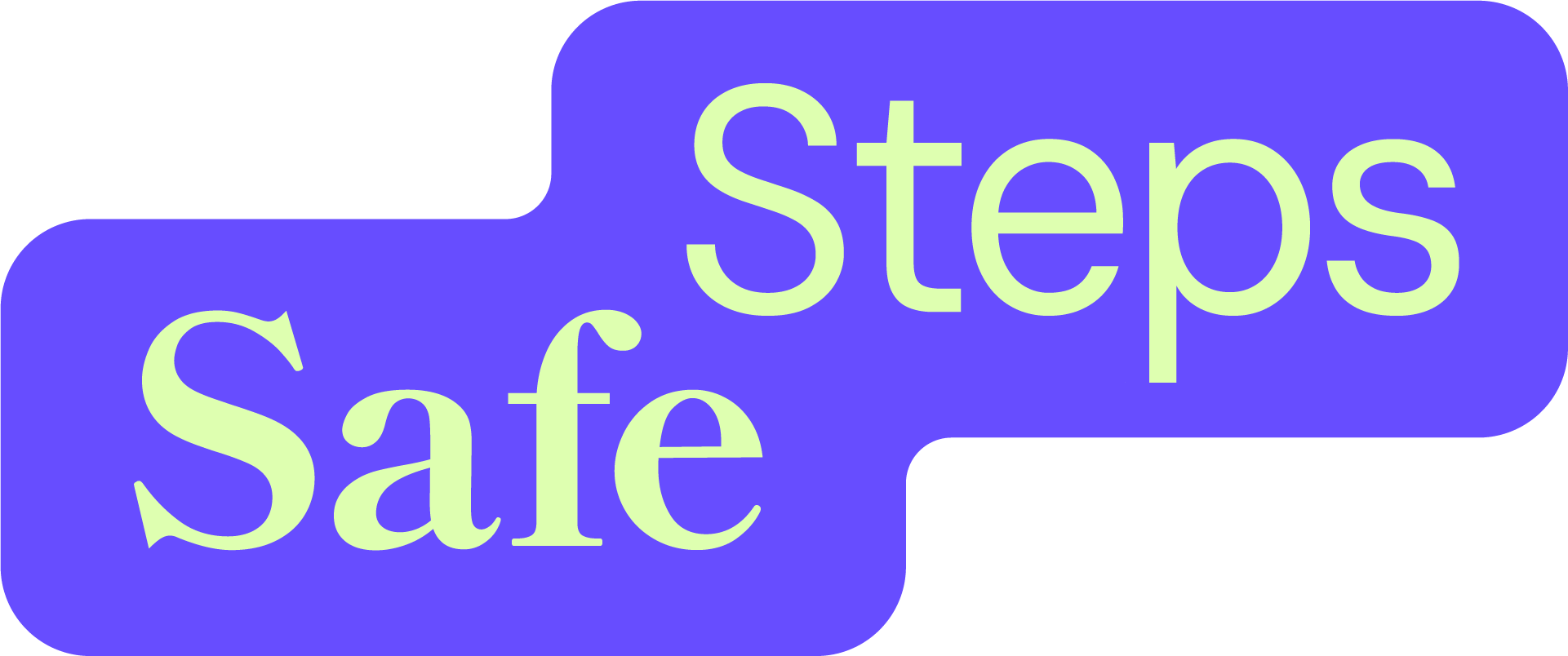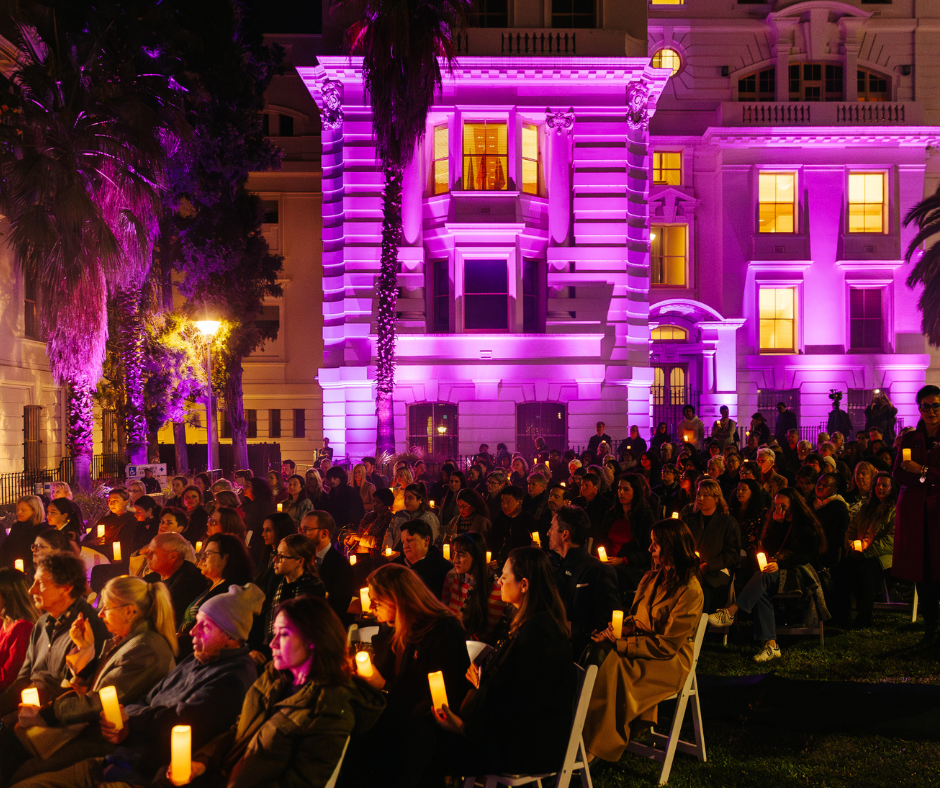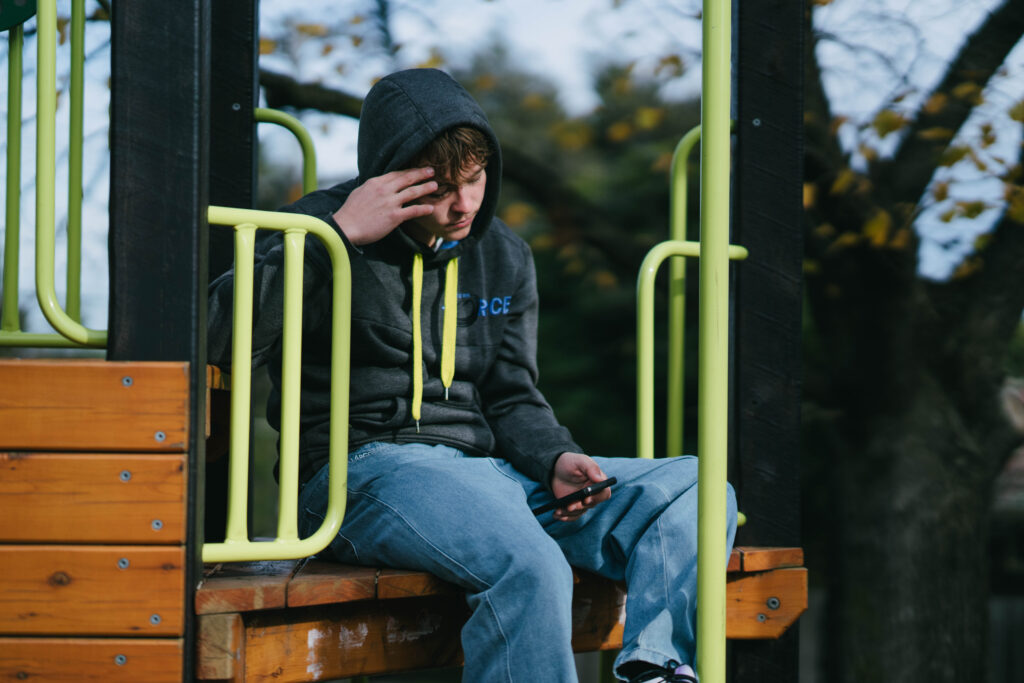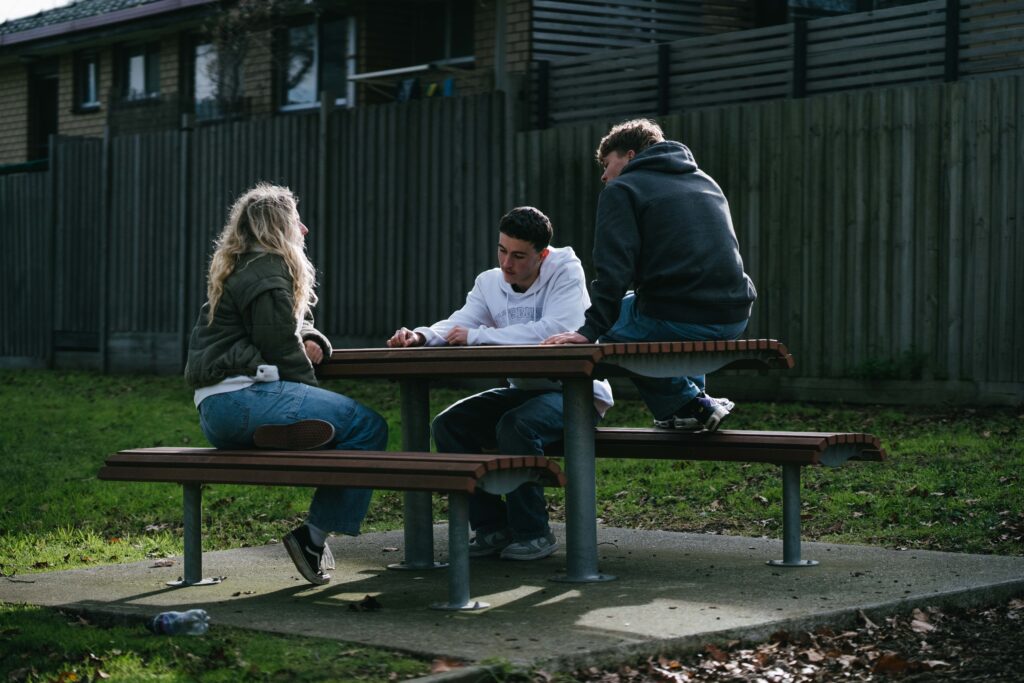At Safe Steps, we believe every experience is unique, and every journey toward safety and recovery is a testament to resilience and strength. Here are some of the incredible stories from those we’ve supported across our services, including disability assistance, financial and visa abuse support, crisis accommodation, and more.
Stories of Strength and Hope
Testimonials from Survivors
You’re not alone
Call us any time, Day or Night
Stories from help seekers who have used our services
These stories reflect unique journeys toward safety, healing, and empowerment.
Please note that the names of individuals in these stories have been changed.
Sunny’s Story
When Sunny moved to Australia on a bridging visa with her husband and three children, she hoped for a better future. Instead, she faced escalating violence, control, and threats from her husband.
Safe Steps provided immediate emergency accommodation, legal aid, and support to reunite Sunny with her children while helping her achieve independence and safety.
When Sunny (31 years) moved to Australia with her husband, she hoped it was the start of a better life. Sunny and Tan met and fell in love in Hanoi in 2009. They migrated to Australia in 2014 on a joint bridging visa. Soon after arriving, their first child was born, followed by two more children in subsequent years.
Despite Tan’s earlier promises, his behaviour worsened. His moods would change suddenly, and he became increasingly jealous, controlling, and aggressive. Tan started using physical and sexual violence against Sunny and threatened to harm their children.
When Tan took the children without her consent, Sunny reached out to Safe Steps.
A Family Violence Crisis Specialist assessed her as being at imminent risk and placed her in emergency accommodation. Sunny was provided with material aid, groceries, and a safe mobile phone. Later, she moved to Virginia’s Place, where she accessed income and legal support, and her children were reunited with her.
Safe Steps worked closely with child protection and legal services to ensure Sunny’s safety and independence. With this support, she secured her own protection.
Adia’s Experience
Adia arrived in Australia from Tanzania with dreams of a better life but endured severe control and abuse from her husband. While staying at Sanctuary, a Safe Steps therapeutic accommodation, Adia received legal, financial, and psychological support, enabling her and her children to rebuild their lives in safety.
Adia came to Australia from Tanzania on a bridging visa with her husband, bringing hopes of a new start. However, her husband’s controlling behaviour quickly escalated. He restricted Adia’s and their children’s access to food and healthcare while monitoring her movements and threatening deportation if she sought help.
After being hospitalised during pregnancy, a concerned social worker referred Adia to Safe Steps. Once stable, Adia and her three children were moved to Sanctuary, where they began to heal in a safe environment. Sanctuary staff provided psychological assessments for the children, daily essentials, and culturally appropriate items to support the family.
Adia’s confidence grew as she engaged with staff and recognised the danger of returning to her husband. With ongoing support, she transitioned to long-term accommodation, ready to welcome her new baby and begin a life free from violence.
Heather’s Path to Safety
After enduring repeated assaults and fleeing her home, Heather found immediate refuge through Safe Steps. She and her children, along with their family dog, received crisis accommodation, ongoing medical support, and connections to long-term housing that met their unique needs.
Heather, a 38-year-old mother from regional Victoria, faced challenges that no one should have to bear alone. In addition to caring for three children, a 16-year-old son and two daughters, aged 10 and 12, Heather grappled with chronic pain that affected her mobility and required ongoing medical care.
Her life took a devastating turn after enduring repeated physical assaults from her partner, the father of her children. These assaults not only ruptured their relationship but also led to a breach of their active Family Violence Intervention Order. The danger escalated, forcing Heather, her children, and their family dog to urgently flee their home. Seeking refuge at a friend’s house, they reached out to our team, desperate for help.
One of our Family Violence Crisis Specialists immediately responded. A comprehensive risk assessment determined Heather and her family were at high risk. Crisis accommodation was arranged without delay, and temporary boarding for their beloved dog was organised.
During their initial five nights in crisis accommodation, Heather and her children were provided with daily food and store vouchers to cover essential items like clothing and basic necessities. While in supported accommodation, one of our Case Managers provided ongoing support helping Heather access necessary medication and arranging transportation to medical appointments.
Recognising the complexity of the family’s needs, they were placed on the Family Violence Accommodation Register (FVAR) to await a refuge placement. The family’s requirements for a larger, pet-friendly, mobility-accessible property delayed their placement, so to bridge the gap, we ensured Family Violence Crisis Brokerage funding was used to extend their stay in supported accommodation until a suitable long-term option could be found. In the interim, we arranged a taxi transfer to the pet-friendly supported accommodation we had sourced, reuniting the family with their dog – an important step towards stabilising the children’s emotional well-being.
During this time, the family was also connected to relevant local organisations, including LGBTIQA+ family support services, who ensured Heather’s son, who identified as gay, had access to safe and appropriate services.
With comprehensive support from Safe Steps, Heather and her children eventually moved into a longer-term refuge that met their needs. This marked the beginning of their healing journey – chance to rebuild their lives, free from violence, and with the security and support they so desperately needed.
Maria’s Resilience
Maria faced extreme danger due to cultural and visa-related barriers. Safe Steps developed a comprehensive safety plan, swept her devices for tracking, and provided intensive case management. Maria and her children found refuge and support to move toward a life free from violence.
Maria and her husband Ivan arrived in Australia on a temporary visa with their 1-year-old and 2-year-old children. After a few months in Australia, Ivan’s behaviour changed, and he became controlling and physically and emotionally abusive towards Maria. Maria felt trapped, isolated, and afraid, and struggled to find a way out as her visa was dependent on her marriage to Ivan.
Maria reached out to Safe Steps through a member of her local community. Maria was at high risk of an honour killing, and the highest priority was to develop a comprehensive safety plan for her to leave home safely and enter crisis accommodation with her children.
Safe Steps tailored referrals to Maria’s cultural needs, and used interpreters to ensure she fully understood the support provided. Maria received intensive case management and ongoing risk management. Her car and mobile phone were swept for tracking devices, her phone number changed, and legal support to explore the options of her temporary visa provided. Safe Steps also assisted Maria to seek financial support and referred her family to a safe refuge.
With the support of Safe Steps, Maria was able to find a secure and safe path forward for herself and her children, moving closer to a life free from fear and control.
Olivia’s Transformation
Olivia, who identifies as queer, is a parent, who sought help after enduring years of violence. At Safe Steps’ supported accommodation, Olivia found a safe space, legal assistance, and community support, helping their family rebuild trust and reclaim their lives.
Olivia, a 32-year-old parent of two young children, lived with their abusive partner, Stacey, for around five years. Stacey used physical, emotional, sexual, and financial violence to control Olivia, leaving them feeling helpless, isolated, and trapped in a toxic environment.
When Olivia reached out to their Maternal Health Nurse for support, the nurse contacted Safe Steps on Olivia’s behalf. Olivia and their children were assessed as being at serious risk, requiring immediate protection, and were provided with crisis accommodation at Safe Steps’ 24/7 crisis accommodation site.
Identifying as queer, Olivia consented to referrals for LGBTIQA+ specific supports. Safe Steps facilitated referrals for legal support, helping Olivia obtain a family violence intervention order against Stacey and support with custody arrangements for their children.
During their stay at Safe Steps’ accommodation, Olivia and their children participated in various wellbeing and support sessions alongside other victim-survivors. These sessions helped them rebuild self-esteem, trust, and their identity as a family unit. Safe Steps eventually referred Olivia and their children to a family violence refuge to continue their recovery from abuse.
Tegan’s Story
Tegan is a 41-year-old First Nations woman from Victoria with two children, a daughter (15 years) and son (22 years). The person using violence is Tegan’s son, and her daughter is no longer in her care due to this abuse. Tegan has low vision and uses mobility aids. Following an incident of extreme physical violence, Tegan was accommodated in crisis accommodation for five days before entering Sanctuary.
Tegan presented as distrustful of services and spent the first few days at Sanctuary sleeping and not engaging much with staff. Tegan presented as predominantly concerned with her health and only wished to speak about support that could be provided around this. Tegan would not answer her phone or knocks on her door. The on-site nurse provided the bulk of support during the first week and obtained information about Tegan’s complex and extensive medical history and needs which assisted with building trust within the service and staff onsite.
Sanctuary staff provided a range of supports to Tegan during her stay, including:
- Daily food vouchers.
- Support with Family Violence Intervention Order issues.
- Completing crisis payment application.
- Support to create a MyGov account, link Medicare and Centrelink, certify ID, apply for a birth certificate.
- Supported to obtain a new bank card.
- Ongoing medical support needs by onsite nurse – including dressing of wounds, blood pressure monitoring.
- Purchasing medications.
- Booking and attending multiple dental appointments at the Royal Dental Hospital and with GP.
- Family Support Package application (resulting in tablet, $1500 vouchers, and payment for birth certificate application).
- Coordinating a tech sweep of her devices to check for tracking/spyware.
- Purchase and set up of a tablet that is appropriate for their visual capacity and needs.
- Discussing a safety plan.
Over time, Tegan began to open up and let staff know how she was feeling each day. Tegan began to take walks around the neighbourhood, due to improvement in health, getting into a better sleep routine, and having access to nutritious food.
Tegan’s mental health improved significantly due to the exercise and informal interactions with the staff and other residents. Tegan began waking up a lot earlier and started listening to music and actively checking in with staff multiple times a day. Tegan would make jokes with the staff and spoke about the self-advocacy she was completing for herself i.e., making phone calls.
Tegan has limited trust in services, due to past engagement with child protection, the children’s court, and police. Tegan stated that during her time at Sanctuary that she never felt more supported and was extremely grateful for her time there. For the first two week of service Tegan was resistant to any conversations that did not predominantly involve her medical needs. Refuge/housing was unable to be explored regardless of multiple discussion attempts. Tegan declined Aboriginal and Torres Strait Islander specific services due to safety concerns. During Tegan’s stay, refuge referral requirements changed so that one form of valid ID was needed, the minimum was a bank statement.
Tegan entered service with no valid ID. Tegan’s bank card needed to be reissued due to financial abuse from a resident at her previous rooming house. Tegan’s Medicare card and Health care card had previously been stolen. Tegan’s driver’s licence had expired and was unable to be renewed due to her disability. Tegan was supported to get valid ID during her stay. Once Tegan’s birth certificate had been applied for, she was very emotional and stated to staff that a huge burden had been lifted.
Tegan was placed on the refuge waitlist, but due to her age, being single, and the complexity of her case, Sanctuary, the Safe Steps disability support team, and the Safe Steps Family Violence Accommodation Register team had to advocate for a referral consistently and regularly, as well as exploring other housing options. This case coordination and advocacy from all teams resulted in a refuge referral and Tegan was accepted and exited a little after four weeks with Sanctuary.
From Crisis to Recovery
These stories reflect the resilience, courage, and hope of those who have turned their lives around with the support of Safe Steps.
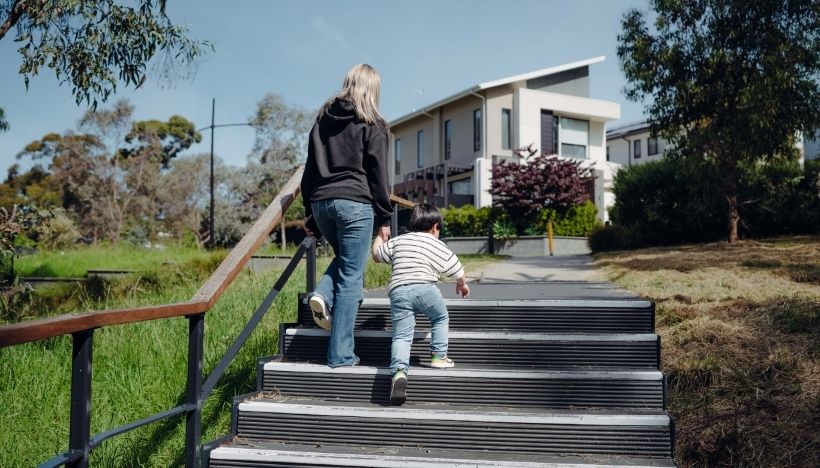
Myths vs Facts About Family and Domestic Violence
It’s crucial to separate myths from facts when it comes to understanding family and domestic violence. Knowledge can help break down the stigma and lead to support and safety for those in need.
Myth #1: Family and domestic violence only happens to certain people.
Family and domestic violence can affect anyone, regardless of age, gender, race, or background.
Myth #2: Victims of family and domestic violence can just leave at any time.
Leaving an abusive situation can be extremely dangerous and requires careful planning and support.
Myth #3: Family and domestic violence is only physical.
Family and domestic violence includes emotional, financial, and psychological abuse, not just physical harm.
Safe Steps respectfully acknowledges and celebrates the Traditional Owners of the lands throughout Victoria and pays respects to their Elders of past, current and future generations.
Safe Steps is committed to ensuring diversity, inclusion and equity are embedded throughout our organisation for the benefit of our clients and our staff. We are committed to a focus on recognising and eliminating discrimination in the services we deliver. Read our Diversity, Inclusion and Equity Statement here.
Safe Steps is committed to creating and maintaining a Child Safe Organisation; ensuring obligations to meet the Child Safe Standards and Reportable Conduct Scheme requirements, as codified by the Child Wellbeing and Safety Act 2005 (Vic). You can read more about this commitment in our Child Safety and Wellbeing Policy here.
Safe Steps Family Violence Response Centre is supported by the Victorian Government.
